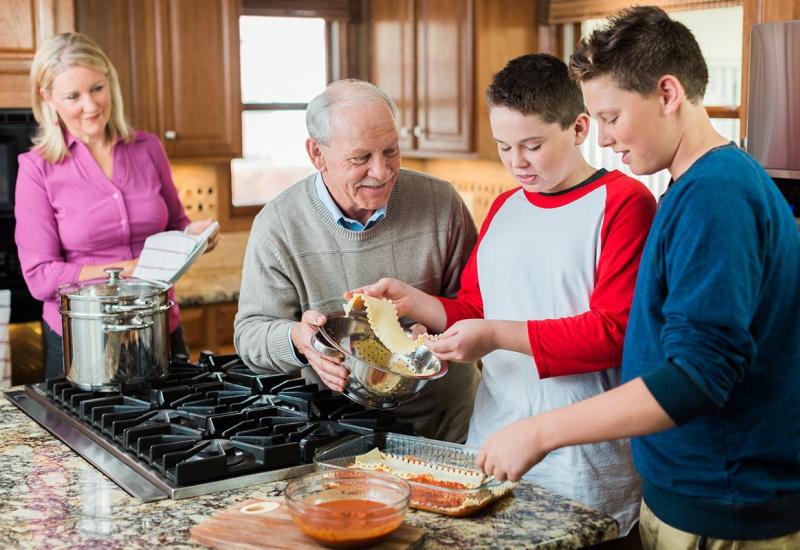Most Seniors Want to Age at Home, but More Are Moving to Make it a Reality
Among those who want to age in a new home, many older adults are searching for improved practicality - with top desired features, including single-floor living and easy or low cost of maintenance. For those who want to stay in their current homes, nearly two-thirds have given thought to age-friendly modifications, such as adding grab bars to bathrooms or other safety measures.
When seniors and loved ones are faced with the question of what features are best for them, it's important to consider effects of aging that could make certain areas of the home hazardous, such as:
* Agility and mobility. Conditions such as arthritis can impair mobility. Stairs that were once easy to navigate might now present a challenge.
* Balance. Neurological disorders such as Parkinson's disease and other chronic conditions increase the risk for balance problems, as well as falls on slippery floors and getting in and out of the bathtub.
* Eyesight. Studies indicate that a 60-year-old needs at least three times more ambient light to see than a 20-year-old. Poor eyesight may make medication management and personal grooming difficult, and can lead to tripping hazards.
* Memory. The effects of memory loss might make it hard for an older adult to stay on a medication plan, remember to turn off stove burners or pay bills on time.
With so much to consider, it's easy to feel overwhelmed navigating the decision of where to age. In fact, just one in four seniors surveyed report having specific plans for where they will live as they become older.
To help seniors make an informed decision on the best place to age, Home Instead is introducing Home Your Own Way, a new collection of free resources for seniors and their loved ones to navigate options and determine what "home" might look like for them.
Whether older adults age in their current home, downsize, move to a senior living community or choose to live with relatives, the goal of Home Your Own Way is to provide seniors and families with the resources they need to make a decision that is right for them.
To learn more about defining home your own way, visit www.HomeYourOwnWay.com or, contact your local Home Instead Senior Care office or www.homeinstead.com.






